An Interview with Donna Bailey Nurse on World Storytelling Day
Stories have the power to shape and influence our worldview, as well as our relationships with each other. March 20th is World Storytelling Day and to celebrate, we sat down for a chat with Donna Bailey Nurse, a literary journalist, critic and author of What’s a Black Critic To Do?
What have you enjoyed reading, watching, or listening to lately?
A number of my friends had been urging me to read What Storm, What Thunder by Myriam J.A. Chancy and it did not disappoint. Chancy was born in Haiti and raised in Canada. How she eluded Canadian critics for so long is a mystery to me. She has published three previous novels and several works of criticism. Set in and around the massive Haitian earthquake of 2010, What Storm, What Thunder is as powerful as its title suggests. The plot traces the day to day lives of primarily struggling Haitian people whom we come to know intimately through their work, family ties and dreams. When the earthquake decimates their world, the characters and also the readers experience devastating loss. The novel, with its haunting spirituality, is beautiful and horrifying at the same time. I can’t wait to talk to Myriam Chancy all about it.
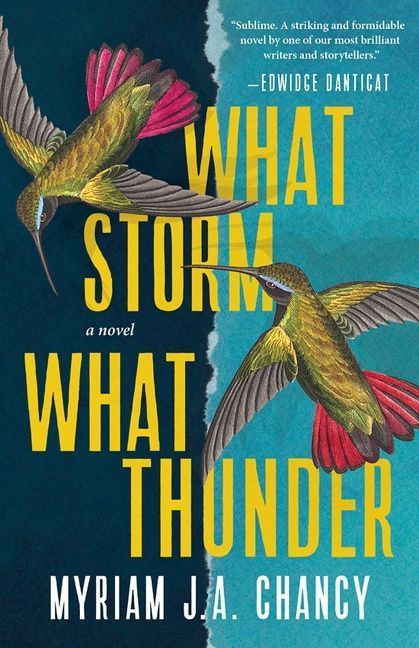
Black women’s stories ooze with feeling and power because they align with the ancient purpose of storytelling: the passing down of history and cultural wisdom.
Donna Bailey Nurse
How has storytelling, both reading and writing, played a role in the lives of Black women? Why is storytelling important?
In the 1990s an American study found that college-educated Black women read more than any other demographic. I’m sure the Canadian statistics are comparable. Oprah Winfrey’s Book Club virtually resuscitated the failing publishing industry all by itself – and that was no accident, as Oprah is a college-educated Black woman. Mainstream fiction, and even Black men’s fiction, tends to overlook Black women’s experiences, so Black women’s stories are one of the few places Black women can go to record, examine, and celebrate our lives. Black women’s stories ooze with feeling and power because they align with the ancient purpose of storytelling: the passing down of history and cultural wisdom.
Do you see positive progress toward equitable representation in Canadian publishing?
I do see some progress. The large publishers are bringing out more books by Black authors which, of course, is a wonderful thing. At the same time, I am concerned that the racial make-up of the publishing houses remains largely unchanged, specifically when it comes to editing. We need more Black editors, by which I do not mean brown editors. (Just because Black and brown people are not white, does not mean they share the same cultural experience).
I am a Canadian journalist, so obviously the vast majority of my editors have been white men, most of whom I respect, and some of whom I feel great affection for. In addition, the editor of the Black people’s history I am working on for Harper Collins is a white man, Patrick Crean, who has a reputation for being one of the finest editors in the country. Naturally, I am grateful.
That said, it troubles me that the larger publishing houses continue to treat the idea of Black editors as nice, but not necessary. On the contrary, Black editors are essential. For one thing, white editors often require Black writers to overexplain Black issues, woefully undermining a story’s play of nuance. Not surprisingly, conflicts of interest frequently arise: A Black writer recently described to me how his editor became angry when he refused to allow one of his characters to warm up to white people. When it comes to race, white editors may not always know the best questions to ask their Black authors; questions that might more richly develop a particular storyline or idea. Finally, the absence of Black editors raises the thorny issue of cultural appropriation. Is it appropriate for every Black Canadian book to be edited by a white editor? No more so than if it was the other way around.
What is your favorite Toni Morrison novel?
That’s easy! Song of Solomon is my favourite Morrison novel because of its magical handling of the Black vernacular. The Black vernacular generally refers to ordinary Black speech; but it can also refer to Black songs, music, word games and even Black ways of moving, all of which contain essential truths of collective Black history. The novel, which opens in a city reminiscent of Detroit, and spans the 1930s to the 1960s, stars Milkman Dead. Like his greedy, materialistic father, Milkman is preoccupied with riches. He goes on a journey in search of a hidden treasure. His quest eventually leads to Virginia and the truth about his forebear, an enslaved African, who rose up out of the fields and flew back to Africa.
Thrillingly, the kernel of the story is contained in a brief throwaway verse sung by an old woman early in the novel. Morrison’s combination of myth and magic shows us how to excavate the true story of African America that white history still strives to hide. She advises us to deeply contemplate our music and analyze our stories. And she encourages us to go back- to get as close to Africa as we physically or emotionally or psychologically can- in order to tap into the ancestral wisdom we need to survive.
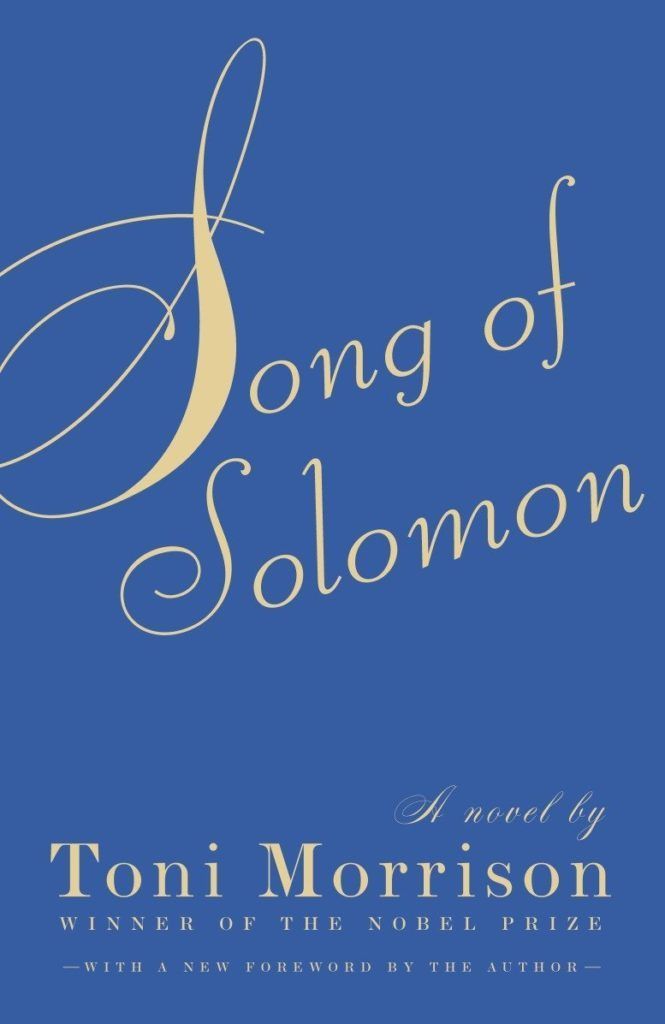
What role would you like to see arts festivals- like Luminato-take in shaping Canadian culture and showcasing underrepresented voices and communities?
Working with Luminato has given me a firsthand view of just how much an arts festival can do to meaningfully support underrepresented cultures. Not only is Luminato showcasing and validating Black women’s writing around the world, it is demonstrating the importance of the Black community to Toronto. Luminato celebrates Black women and honors their experience while at the same time communicating that experience to the wider culture. These are not token gestures, but sincere and serious actions that will positively impact the world we inhabit.
Sign up for our newsletter
to be the first to hear about an exciting collaboration with Donna Bailey Nursey centered around storytelling and celebrating Black women’s writing.
About Donna Bailey Nurse
Donna Bailey Nurse is a leading Canadian literary critic who specializes in the work of Black women writers. She is a columnist for CBC Radio’s The Next Chapter and a contributor to Walrus, Maclean’s, The Literary Review of Canada and The Globe and Mail.
Donna Bailey Nurse is the author of a collection of writing called What’s a Black Critic to Do? and the editor of Revival: An Anthology of Black Canadian Writing. She is currently at work on a people’s history of Black Canada for Harper Collins Canada.
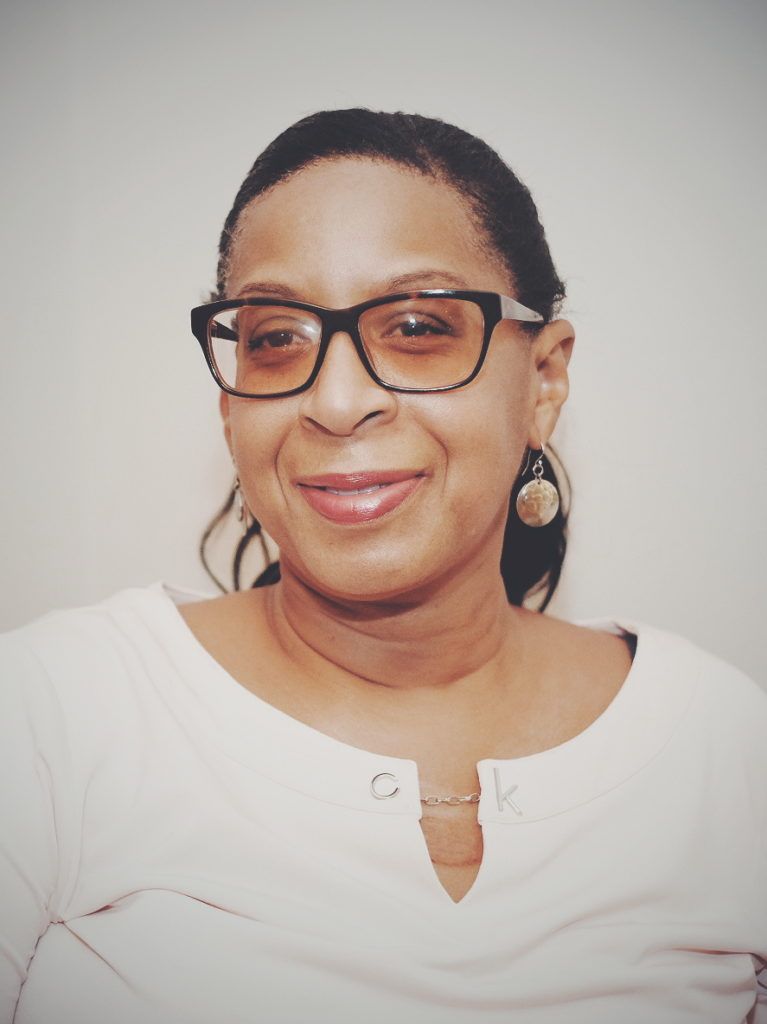
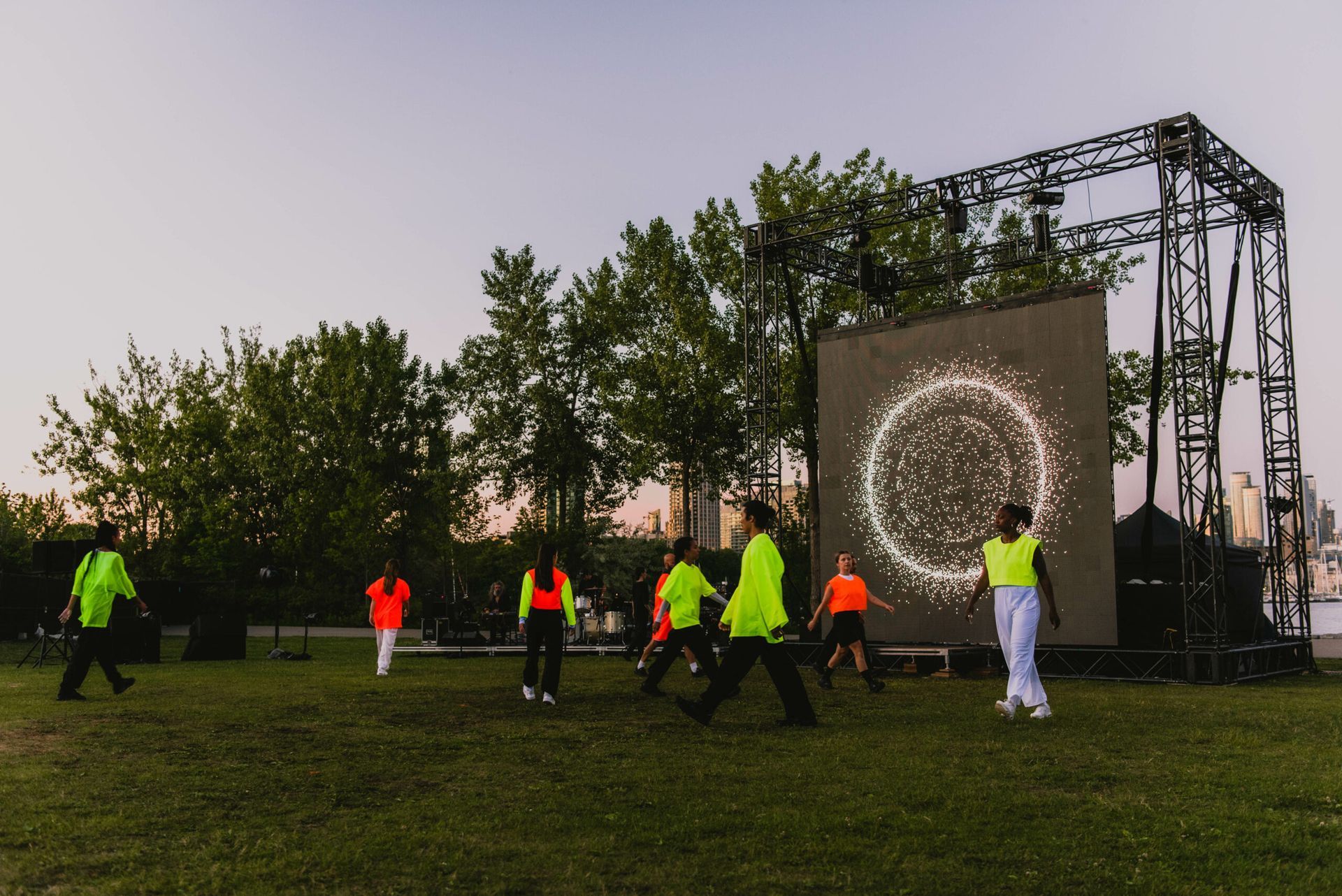



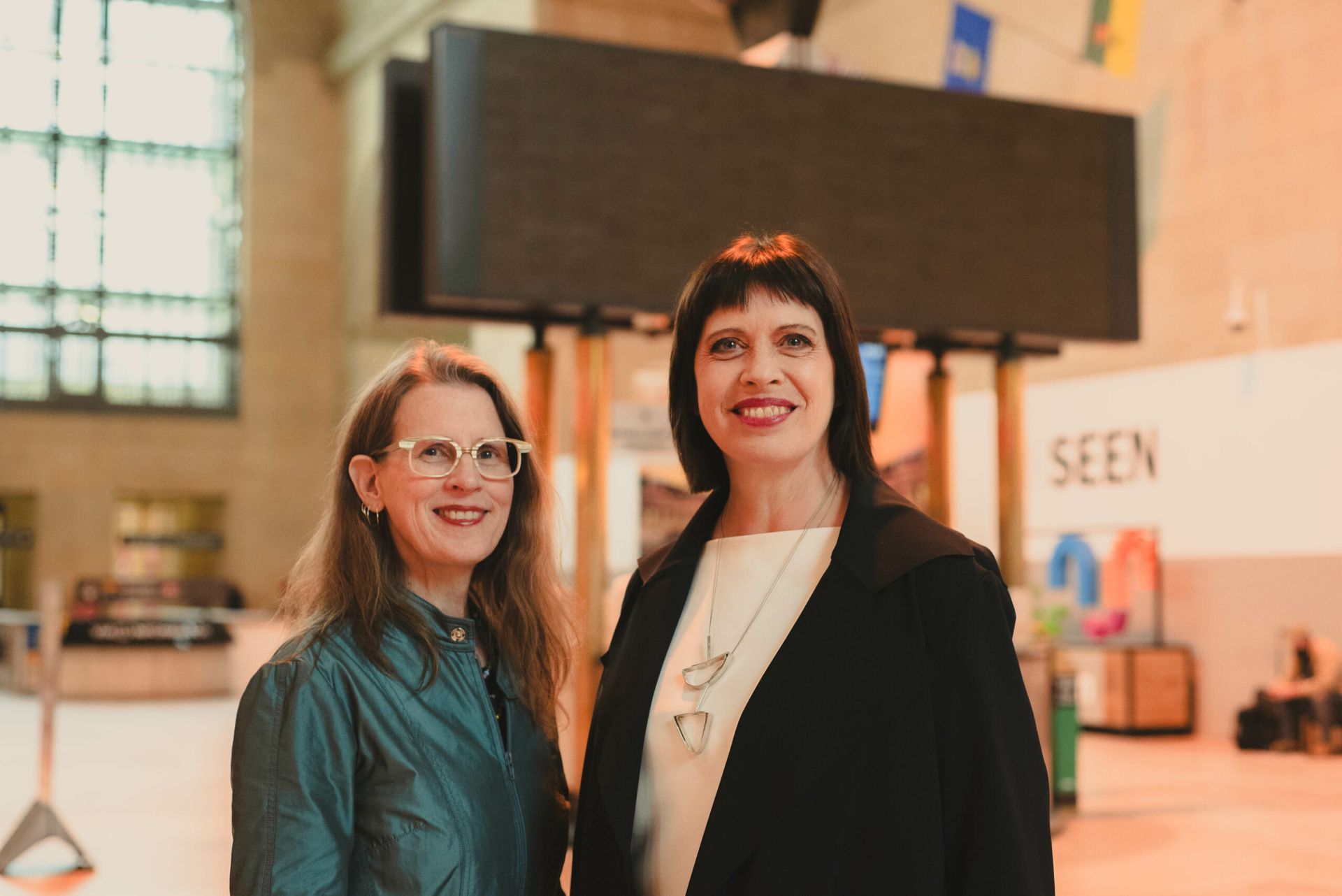
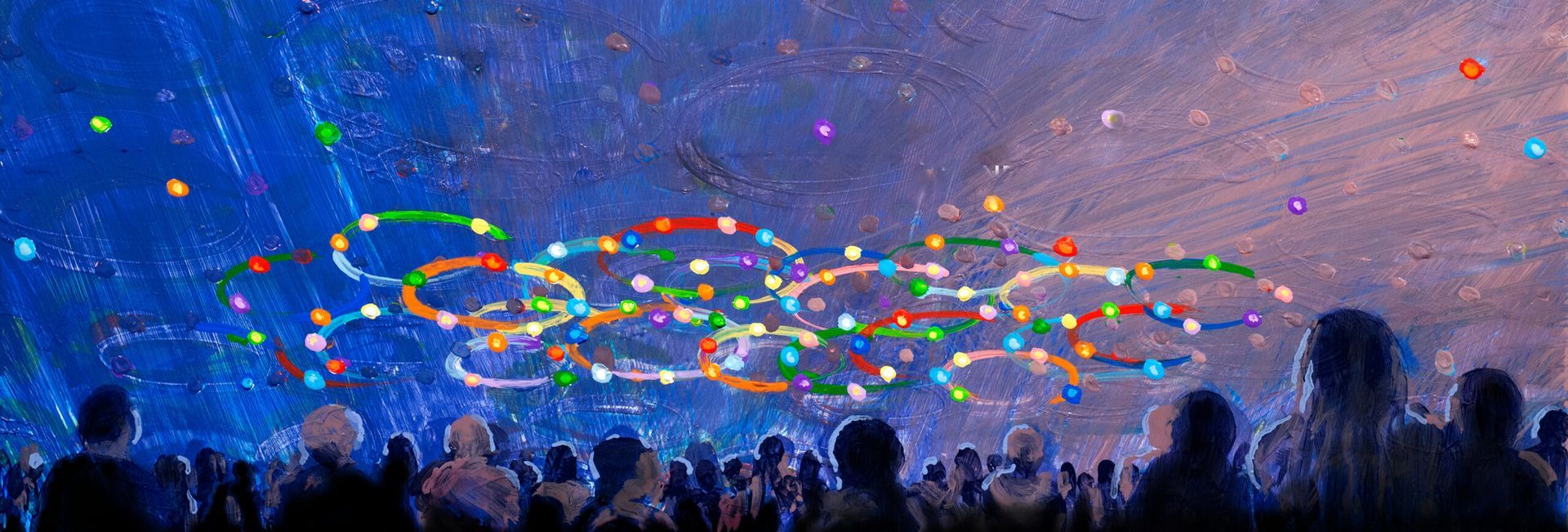

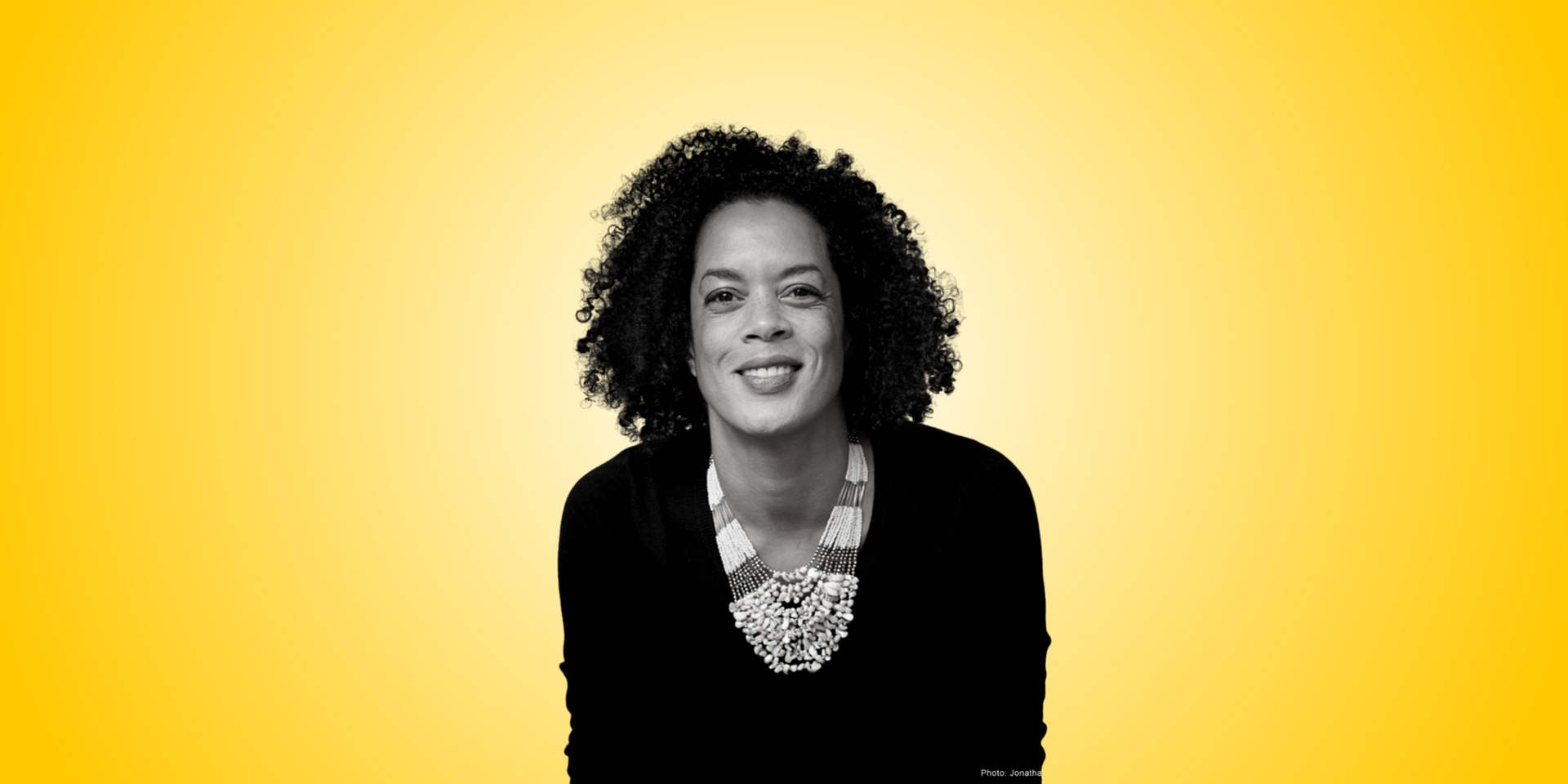


© 2025 Luminato Festival Toronto, All rights reserved.
Privacy Policy
|
Terms and Conditions
